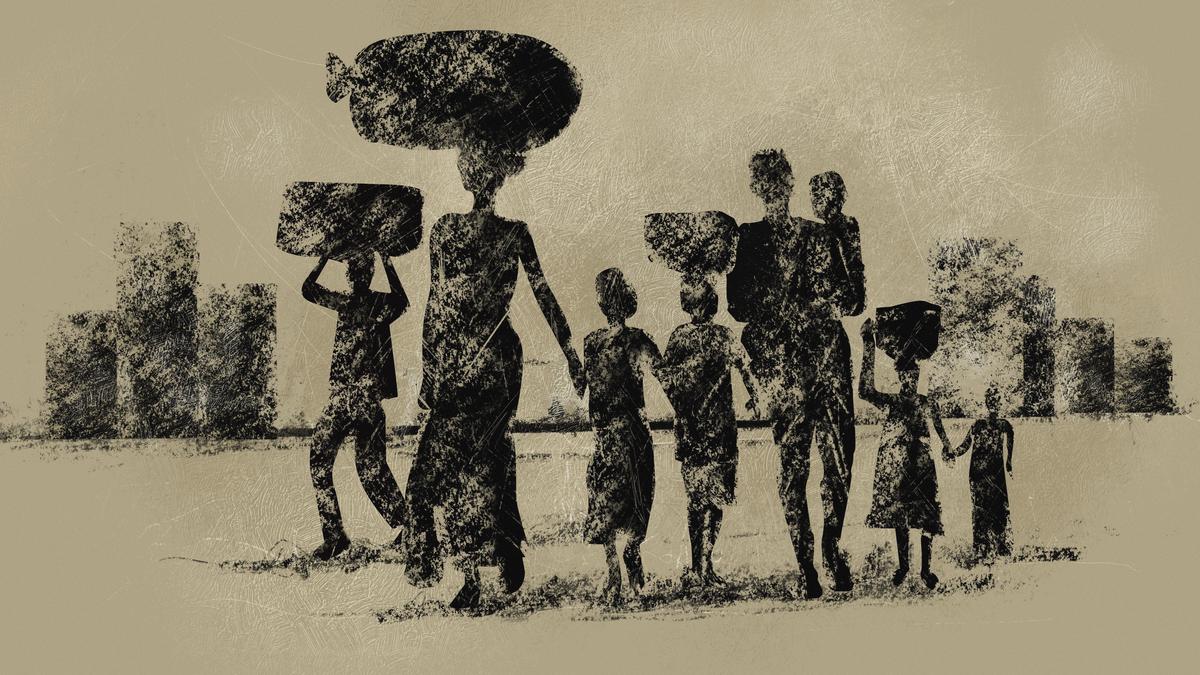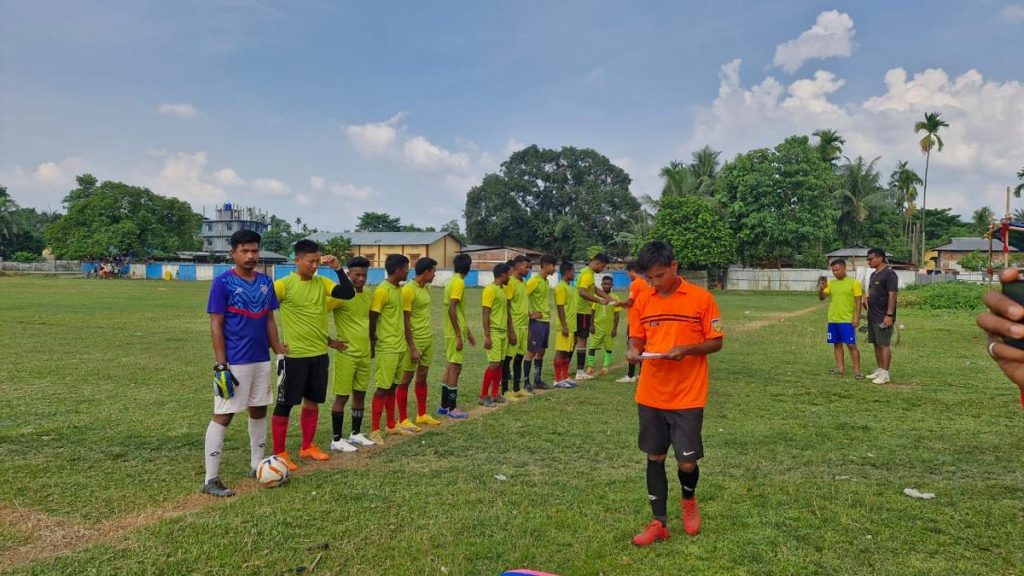Now Reading: Study Reveals Discrimination, Language Bias Against Migrant Workers from West Bengal
-
01
Study Reveals Discrimination, Language Bias Against Migrant Workers from West Bengal
Study Reveals Discrimination, Language Bias Against Migrant Workers from West Bengal

Speedy Summary
- A study by Kolkata-based Sabar Institute examined over 7,500 migrant households in panskura, Purba Medinipur.
- key findings:
– 15.94% of migrant workers faced housing discrimination.
– 14.09% experienced harassment over language.
– Migration severely impacted education: 60.23% were students before migrating, wiht many dropping out (51% had completed only Classes 10 or 12).
– Primary motive for migration: better employment (62.87%).
– Usage of remittances: food (25%) and healthcare (18%), indicating distress usage for basic needs.
- No thorough data available on migration issues; experts emphasize need for better understanding to address challenges.
- Migrant workers from West bengal have reported harassment in various states on suspicion of being Bangladeshi nationals; some forced to provide identity documents and pushed into Bangladesh.
- Total outward migrants from west Bengal are estimated at about 22.40 lakh by the State goverment, with ~24,000 returning recently under the Shramashree scheme offering ₹5,000/month support.
Indian Opinion Analysis
The study highlights major socio-economic challenges tied to migration patterns from West Bengal. Employment opportunities remain a key driver behind outward migration, but accompanying issues such as educational disruptions and discriminatory treatment in host states raise concerns about systemic distress within this demographic group.Financial data showing remittance use predominantly for basic needs underscores the precarious economic conditions migrants face.
Moreover, allegations that Bengali-speaking workers are targeted as “illegal immigrants” reflect deep-seated biases and insufficient frameworks to protect internal migrants’ rights across state boundaries. This ongoing crisis also seems intertwined with cultural identity debates within and outside West Bengal.
The returnee-focused assistance program launched by the West Bengal government is promising but likely insufficient given the scope of challenges revealed in this report – ranging from education impacts to harassment externalities during interstate mobility. Coordinated efforts addressing these multilayered issues may establish lasting solutions while promoting inclusivity across India’s diverse population base.






















